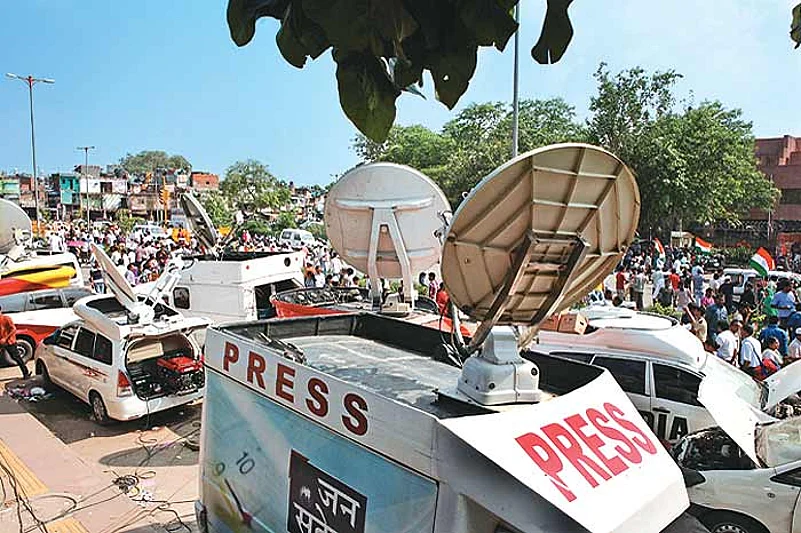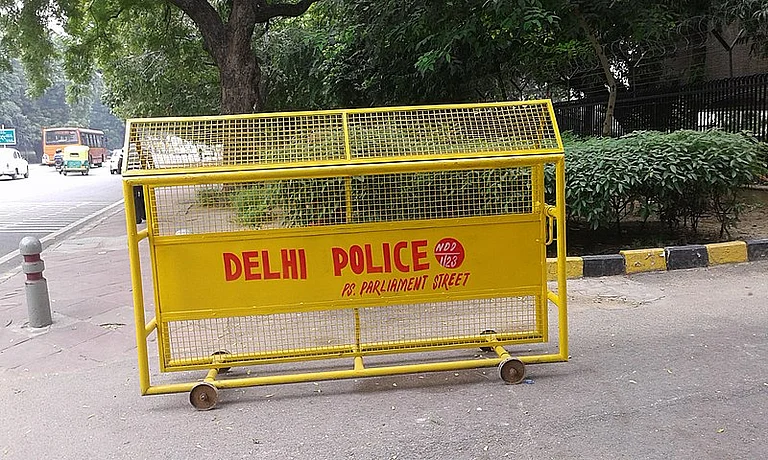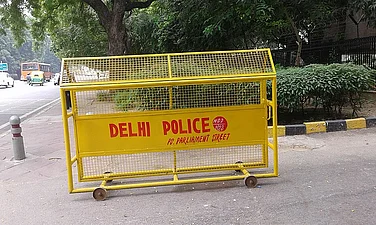These are bad times indeed, it seems, for the media. It has been harshly attacked by Justice Markanday Katju (retd), the new Press Council of India chairman, who hit out against journalists, calling them ill-informed and uneducated, and against the electronic media, which he said was partisan. On another front, it faces a government-imposed regulation regime that seeks to curtail its freedom. First, the attack from Katju, as vitriolic as it was unexpected. In a TV interview, Katju spoke of the need for a media council to oversee TV news channels and the print media. In advocating such a council, he wasn’t saying anything that hasn’t been said by his predecessors. In fact, the GoM on the media, too, has been mulling over the feasibility of a media council (see interview). What riled was the way in which Katju, a former Supreme Court judge, made sweeping statements against journalists and decided on his own that self-regulation—through the National Broadcasting Association (NBA)—had failed and was a futile exercise. This has only added to the fears of a restrictive, government-imposed regulatory regime.
It is not as if the NBA, a body of more than 45 news channels, and headed by Justice J.S. Verma, a former CJI, has done nothing: two years ago, it framed guidelines, and has considered 198 complaints, passing orders against nine broadcasters and imposing fines. Entertainment channels, too, have set up a similar body, headed by Justice A.P. Shah (retd).
Katju’s outburst has prompted Verma to strike out at the Press Council. “Everyone knows the Press Council has failed in its mandate, and how ineffective it has been, so why not wind it up or scrap it,” he asks. “It’s run on public money, so why not save that money.” He is careful to add that he is not criticising the individual, but the office. “As far as the comments (Katju’s) go, all irresponsible talk is best ignored.” He also cautions against dismissing self-regulatory bodies like the NBA. “We work pro bono, ours isn’t a body involving public expense. It’s only three years old,” he adds, implying it may need time to iron out shortcomings.
Actually, Katju’s proposal of a media council even sounds improbable. “It’s not in Katju’s power to set up a media council,” says T.N. Ninan, president of the Editors’ Guild and editorial director of Business Standard. “So he has asked the government to do it, and it will involve amending the Press Council Act. The press and TV are different, and the same council should not be looking at both.”
In the last few months, since the government found itself at the receiving end of the media, there has been talk of making the media “accountable”. But what does that amount to? For the press, which draws freedom from the Constitution and is bound by several acts, the proposed amendments to the Press Registration of Periodicals Act—after more than 100 years—appear restrictive. The new rules about restricting licences to TV channels that violate the government’s programme code, too, have drawn criticism. “To the best of my knowledge, this is still only a proposal and is under discussion,” says Ninan. “Such powers over the media should not exist, for they are bound to be misused. There is no one position taken on any issue by the media.” He points out that many newspapers have in fact been highly critical of Anna Hazare’s campaign, which the government sees as directed only against itself, rather than against corruption.
Like the media, the I&B ministry too finds itself in a bind, especially since the proliferation of news channels 2008 onward. Some have indeed been wayward, an egregious example being that of two TV channels in Assam that in August forcibly filmed a woman nude in a house in Morigaon after locals called police to investigate ‘suspicious activities’. If the ministry brings in the proposed broadcast bill, it will invite criticism of muzzling the media; if it doesn’t, it will be accused of not checking such waywardness. However, there’s no question that the argument has to weigh—and overwhelmingly too—in favour of media freedom, the cornerstone of democracy.


























